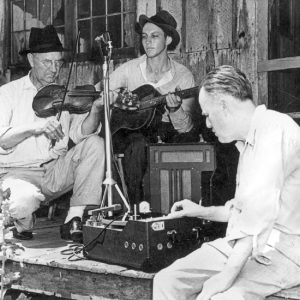 Vance Randolph with Musicians
Vance Randolph with Musicians
Time Period: World War II through the Faubus Era (1941 - 1967)
 Vance Randolph with Musicians
Vance Randolph with Musicians
 Wayne Raney
Wayne Raney
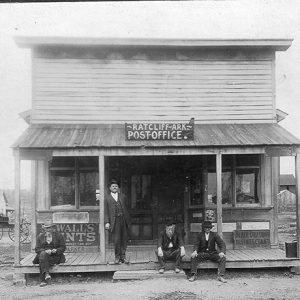 Ratcliff Post Office
Ratcliff Post Office
Ravenden Springs School
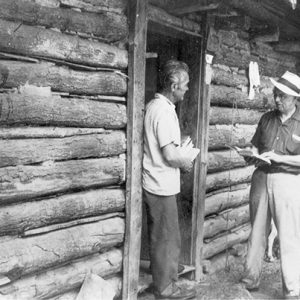 Ted Richmond and Otto Ernest Rayburn
Ted Richmond and Otto Ernest Rayburn
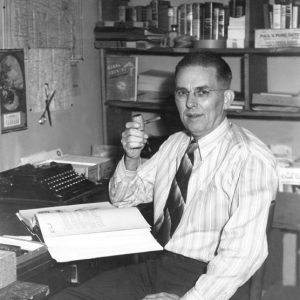 Otto Ernest Rayburn
Otto Ernest Rayburn
 RB-47 Razorback
RB-47 Razorback
 RB-57 Engine Startup
RB-57 Engine Startup
Read, Opie
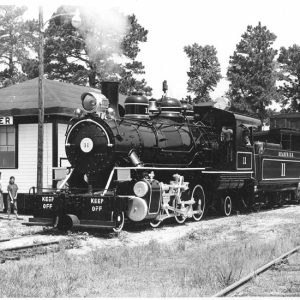 Reader Railroad
Reader Railroad
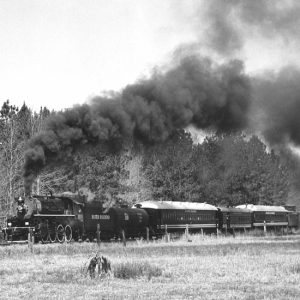 Reader Railroad
Reader Railroad
Rebsamen, Raymond Henry
Rector, William Field (Billy), Sr.
 Red Bank Landing
Red Bank Landing
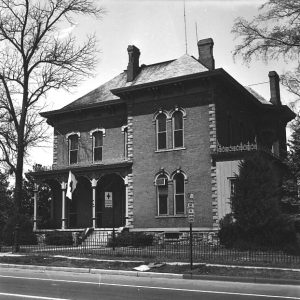 Red Cross Headquarters
Red Cross Headquarters
 "Red Headed Woman," Performed by Sonny Burgess
"Red Headed Woman," Performed by Sonny Burgess
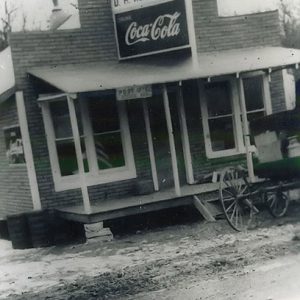 Reeves Store/Post Office
Reeves Store/Post Office
 Remmel Dam Power Station
Remmel Dam Power Station
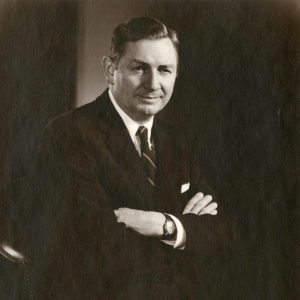 Pratt Remmel
Pratt Remmel
Remmel, Pratt
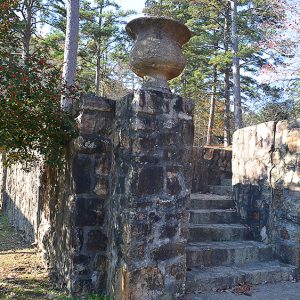 Retaining Wall
Retaining Wall
Revenue Stabilization Act
aka: Act 311 of 1945
Reverse Freedom Rides
Rice Bowl
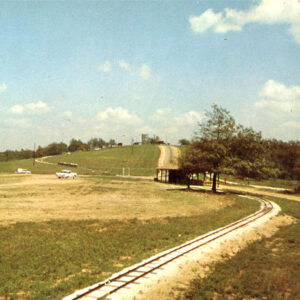 Rich Mountain Railroad
Rich Mountain Railroad
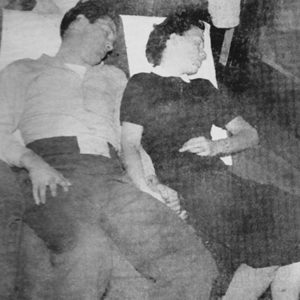 Young Charlie Rich
Young Charlie Rich
 "Spadjo" Richards
"Spadjo" Richards
Richards, Jack Spage “Spadjo”
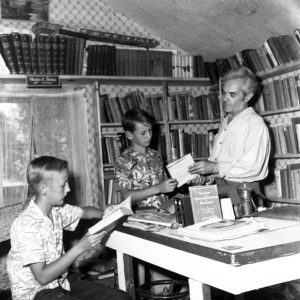 Ted Richmond
Ted Richmond
 Ted Richmond
Ted Richmond
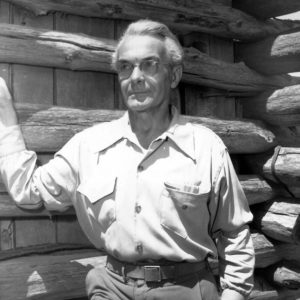 Ted Richmond
Ted Richmond
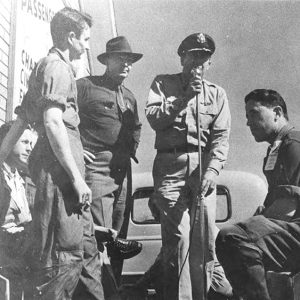 General Ricks Speaking
General Ricks Speaking
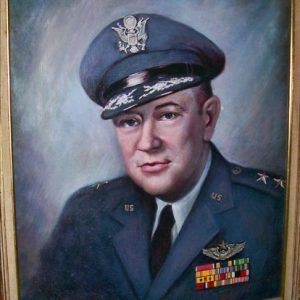 Earl Ricks
Earl Ricks
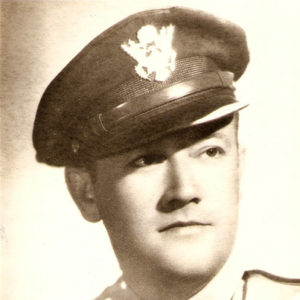 Earl Ricks
Earl Ricks
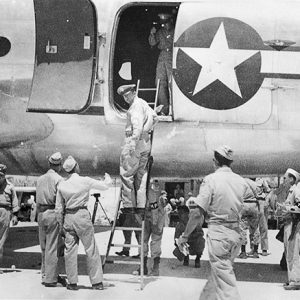 Earl T. Ricks
Earl T. Ricks
Ricks, Earl Thornton
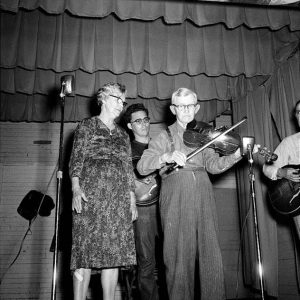 Almeda Riddle
Almeda Riddle
Riedel, Teddy DeLano
aka: Teddy Redell
Right to Work Law
aka: Amendment 34
Riley, Billy Lee
Rimrock Records
 James R. Risner
James R. Risner
Risner, James Robinson
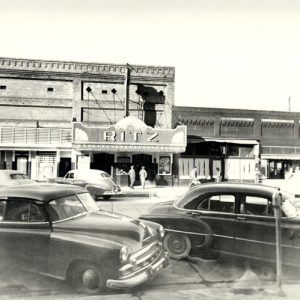 The Ritz
The Ritz
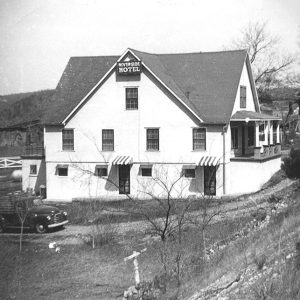 Riverside Hotel
Riverside Hotel
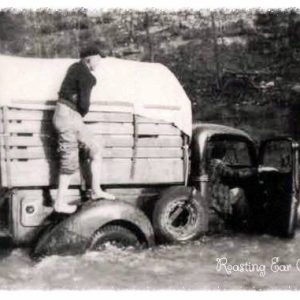 Roasting Ear Creek
Roasting Ear Creek
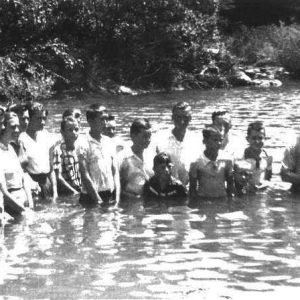 Roasting Ear Creek Baptism
Roasting Ear Creek Baptism
Roberts, Terrence James
Robertson, Thomas Arthur
 Brooks Robinson
Brooks Robinson




